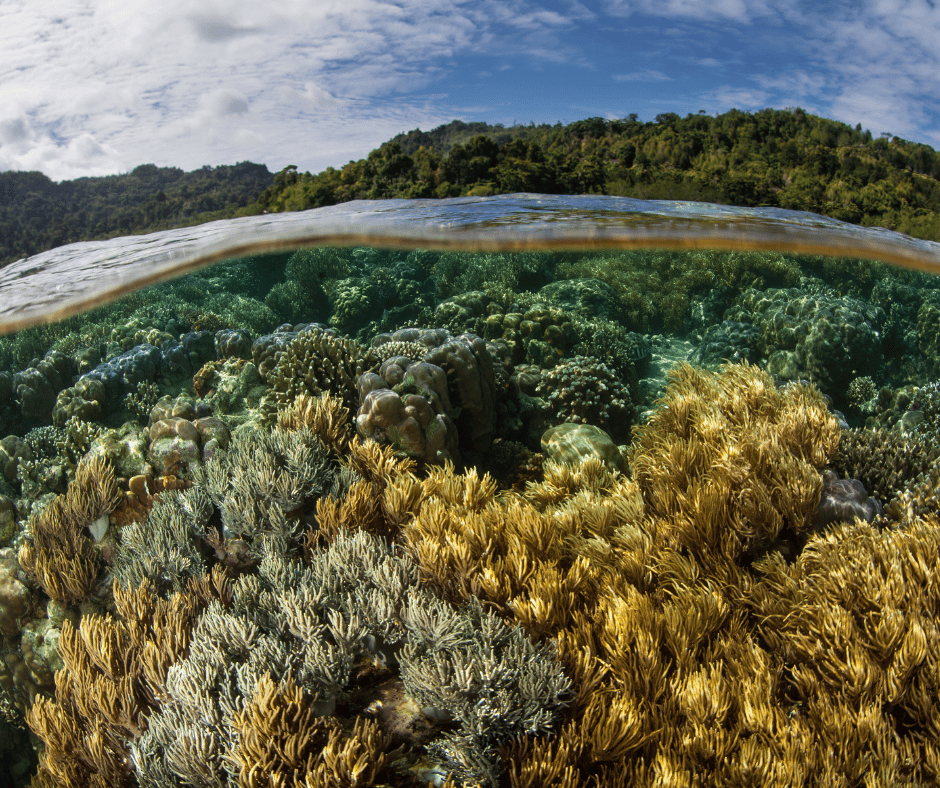Deforestation is one of the most pressing environmental issues facing the world today. It has a devastating impact on climate change, biodiversity, and global ecosystems. Deforestation occurs when trees are cut down or burned to make room for agricultural land or other human activities. As more forests are destroyed, carbon dioxide levels in the atmosphere increase and temperatures rise as a result of reduced tree cover that absorbs heat-trapping gases from the air.

Biodiversity also suffers as natural habitats are lost due to deforestation, leading to species extinction and disruption of food webs within ecosystems. This article will discuss how deforestation contributes to climate change and biodiversity loss, as well as potential solutions for reducing its impacts.
It will also explore how individuals and communities can help to reduce deforestation through sustainable land management practices. Finally, it will discuss how governments and industry can play an important role in halting the destruction of forests worldwide.
Deforestation has been linked to increased carbon dioxide levels in the atmosphere, which is a major contributor to climate change. Trees absorb CO2 from the air and store it as carbon in their trunks, branches, leaves, roots, and soil. When trees are cut down or burned for agricultural purposes or other human activities, this stored carbon is released back into the atmosphere, driving up global temperatures.
Deforestation also affects precipitation patterns and water cycles on a regional level, leading to droughts and floods that have a drastic impact on local ecology and agriculture. In addition, it contributes to soil erosion and degradation, which further reduces its capacity to store carbon and act as a buffer against the effects of climate change.

Deforestation also has devastating impacts on biodiversity. When forests are cleared, natural habitats are destroyed and species that rely on these areas for food or shelter lose their homes. This disruption can lead to extinction if new habitats cannot be found or created in time. Additionally, when forests are cut down, local animals may become isolated from other populations of their species leading to a loss of genetic diversity over time.
In order to reduce deforestation and its associated impacts on climate change and biodiversity loss, it is essential that individuals take action to reduce their own resource consumption. This includes using sustainable sources of energy, such as solar and wind power, reducing their meat consumption to reduce demand for agricultural land, and recycling more materials.
Communities can also help by engaging in sustainable land management practices like agroforestry and regenerative agriculture. These practices involve planting trees along with crops and other vegetation to create a diverse agricultural system that is more resilient to climate change impacts and provides habitat for wildlife.
Governments have an important role to play in halting deforestation through laws that protect forests from destruction. They should also invest in reforestation efforts to restore previously cleared land, replant native species where possible, and establish protected areas for vulnerable species. Industry must also be held accountable through initiatives like zero-deforestation commitments and improved forest management practices.
By taking action to reduce deforestation and its impacts on climate change and biodiversity, individuals, communities, governments, and industry can help to protect our planet for future generations. With collaborative efforts from all sectors of society, we can work together to create a more sustainable world that values forests as critical components of global ecosystems.
It is clear that deforestation has serious consequences for the environment, but there are solutions available if we act now. To halt deforestation we must implement better land management practices with an emphasis on restoring lost habitats; invest in renewable energy sources; ensure responsible production methods within the industry; and encourage individuals to reduce their resource consumption through sustainable lifestyle changes. By working together to protect our planet, we can ensure a brighter future for all.
The global community must come together to address the issue of deforestation and its impacts on climate change and biodiversity. Governments must create policies that protect forests from destruction and invest in reforestation efforts. Industry should be held accountable through initiatives like zero-deforestation commitments and improved forest management practices. And individuals must reduce their resource consumption by using more sustainable sources of energy, reducing meat consumption, and recycling more materials. By taking action now, we can help protect our planet for future generations.
